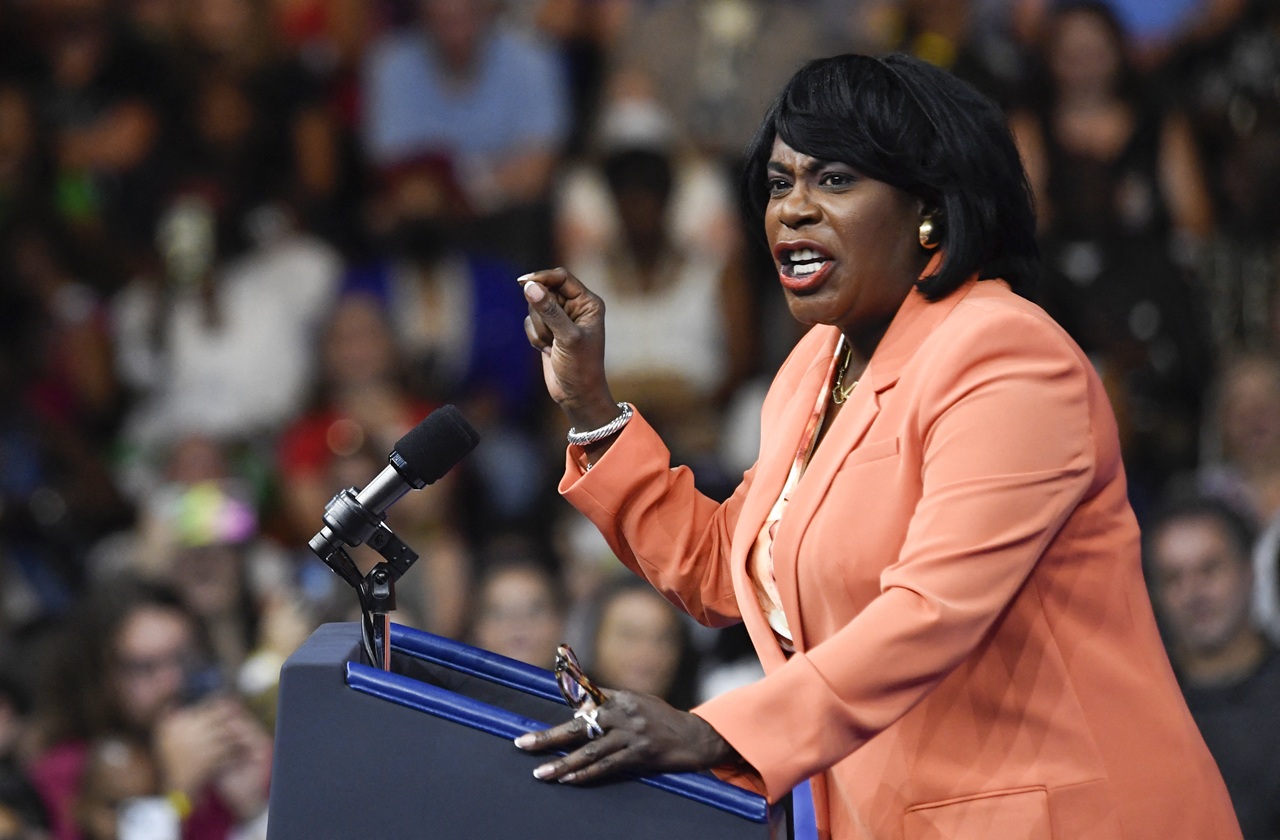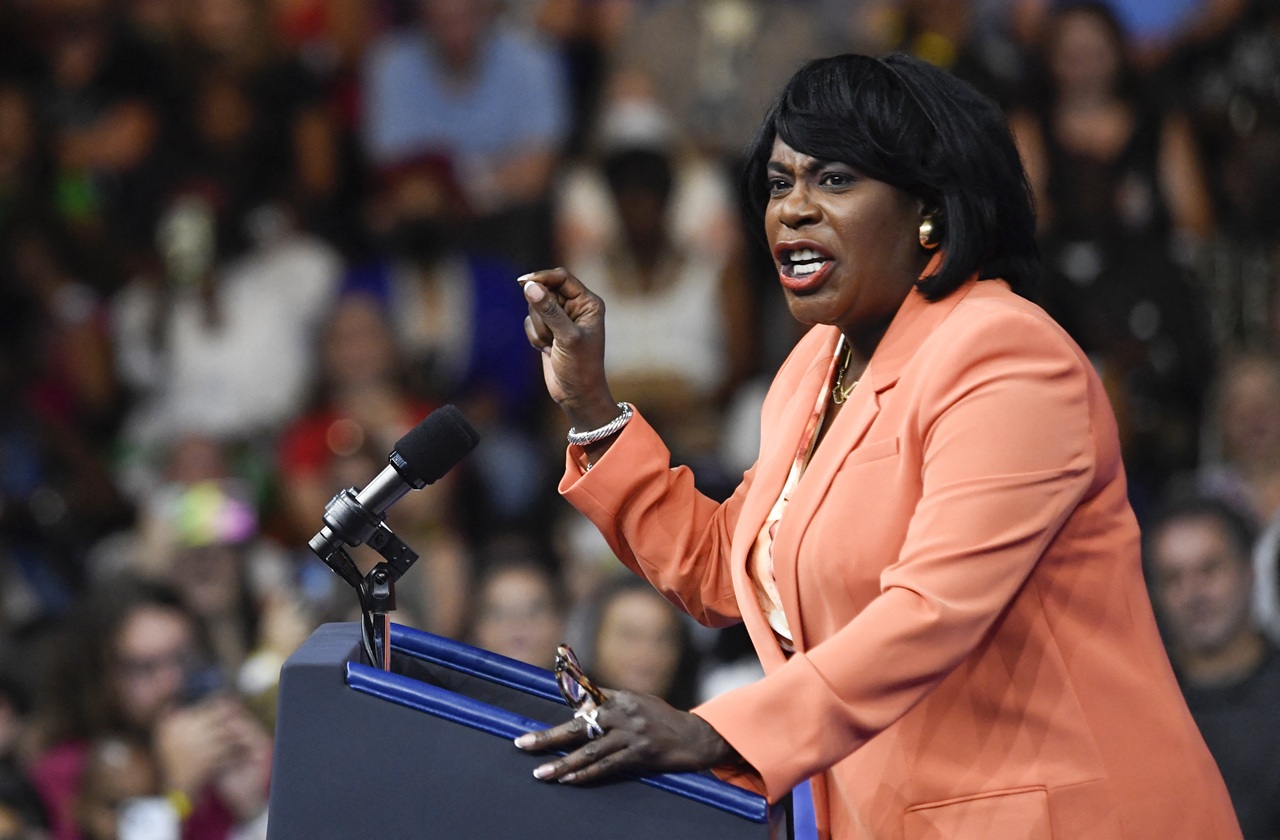Can housing impact fees keep gentrifying neighborhoods affordable?
Report: Levying fees on new market-rate housing would create revenue for affordable housing.
The Philadelphia Coalition for Affordable Communities, or PCAC, has released a report that proposes a new way to mitigate the city’s affordable housing deficit.
It’s a follow-up to PCAC's report from this time last year on displacement caused by gentrification, which found, among other things, that the Black population decreased from 22 to 29 percent in certain up-and-coming neighborhoods over the last decade. At the time of that report, PCAC was arguing for an anti-speculation tax on flipped properties. That idea has yet to gain traction with City Council.
Now the coalition is calling for "housing impact fee" legislation to siphon money from market-rate development into an affordable housing trust fund.
Whereas an anti-speculation tax targets developers who are buying homes and selling them within two or three years to “flip” them for a profit, the housing impact fee gets tacked onto market-rate units for sale and for rent.
Levied on these market-rate housing developments, the impact fee would create a revenue stream to fund affordable housing — anywhere between $3.4 to $12.2 million per year, depending on the rate. Fees are charged by the square foot at different rates, depending on what the housing market can handle.
There’s a fine line here.
Impact fees increase the cost of residential development. The city would need to assess how much investors would be willing to pay per square foot, or risk deterring healthy development.
To combat the San Francisco Bay Area’s affordable housing crisis, two cities implemented these fees at wildly different rates in 2015. San Jose, which was in one of the top five high-demand real estate markets in the country last year, could shoulder a $17 impact fee per livable square foot without deterring future growth. Meanwhile, the comparatively less expensive Santa Rosa set their housing impact fee at under $4 per foot.
PCAC lays out a table of low-to-high different rates for Philadelphia's market:

PCAC’s researchers recommend the “Affordable Housing Impact Fee” of $2.20 per square foot, which would be applied to new market-rate for-sale homes, and the $2.40 per square foot rate applied to new market-rate rental units.
At this rate, the fees would generate $6.8 million to be toward the Philadelphia Housing Trust Fund. That’s considerably less than the $12 million towards the fund that PCAC argued for with the anti-speculation tax. PCAC argues:
“The economic benefit of the proposed fee would more than offset a potential negative impact on potential market rate home sales, which the report forecasts at less than 4 percent (or 78 units per year). In addition to bolstering the supply of affordable housing, the new funding would spur a $77 million economic impact for the Philadelphia economy and generate $1.2 million in tax revenues for the city government as a result of the new construction/renovation work that would be funded.”
PCAC estimates that this $6.8 million increase to the Housing Trust Fund could yield “136 units of newly-constructed affordable rental homes, help 85 existing homeowners seeking critical improvements through the Basic Systems Repair Program and 51 home rehabilitations through the Adaptive Modifications Program, support 155 households facing homelessness receiving utility and mortgage assistance, and provide 136 grants for capital improvements and infrastructure in community gardens and food-producing green spaces.”
Here's a breakdown of those expenses per year:

“This is a winner all around,” Thomas Earle, a member of the PCAC, wrote in a statement. “The development industry will flourish, construction and overall job creation will continue to rise and those in need of decent places to live, including those with disabilities, will finally get the support they desperately deserve. We look forward to working with members of Council and the Administration to make this proposal a reality.”
Philadelphia allocates $12 million annually to its Housing Trust Fund. PCAC wants to increase that funding to at least $24 million in the coming years. As a point of comparison, the coalition notes that Washington D.C. — about a third of Philly’s population — recently committed $100 million a year to its housing trust fund.
Read the full report here:










LEAVE A COMMENT: